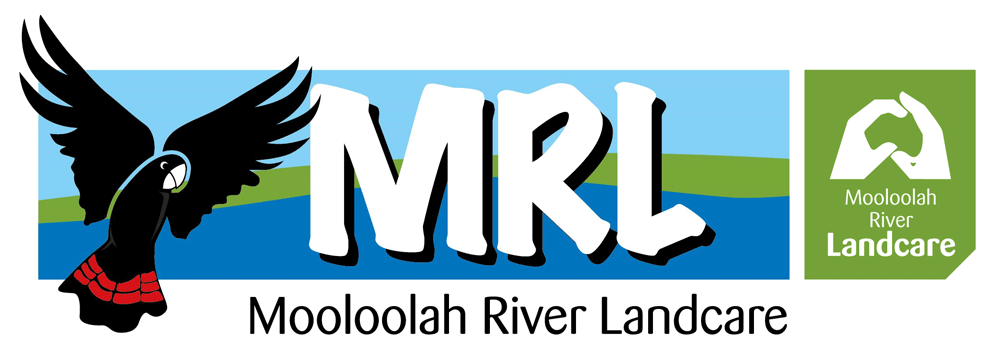Walk On The Wildside
Outdoor Classroom Project
Our Walk On The Wildside (WOTW) project is supported by the Queensland Department of Environment and Science’s Community Sustainability Action Grant Program Round 7.
Our vision is to transform an unused, degraded area (a portion of which was formerly mined and overrun with non-native and invasive species) into a community space that will be welcoming, rich in biodiversity and provide valuable habitat for native wildlife.
Once completed this space will serve as a living laboratory, an outdoor learning area, for the wider community. Commencing in August 2023, this transformation will take place over 3 years.
Project outcomes include undertaking community-based on-the-ground activities to achieve:
- site clean up and removal of litter and non-native and invasive species
- rehabilitation of a degraded area by managing nursery runoff and drainage
- ‘rewilding’ with native trees, understory shrubs, groundcovers and bush tucker plants
- planting a range of trees and plants to provide a valuable seed bank for our nursery and community
- creating new habitats for wildlife (including nesting boxes) and increasing biodiversity
- displaying prominent signage on plant species to aid enjoyment and learning
- Install walkways for guided and self-guided walks (entrance sign and map)
- provide seating and tables made from natural materials
- a user-friendly community space for enjoyment, engagement and learning
WOTW will showcase how an area impacted by farming and mining, flooding, weeds and pests can be transformed into a new vibrant community and outdoor classroom.
This new community space will be a green venue for education and learning by all ages, from students enthralled by bugs and butterflies to community members interested in biodiversity and ‘rewilding’ spaces.
Our scheduled activities include:
- site clean up and landscaping works to commence February 2024
- tree planting April 2024 with volunteers and trainees
- launch of the new space to the community early August 2024
- installation of nesting boxes 2024/25
- maintenance and planting early 2025
- monitoring and citizen science projects 2024/25






